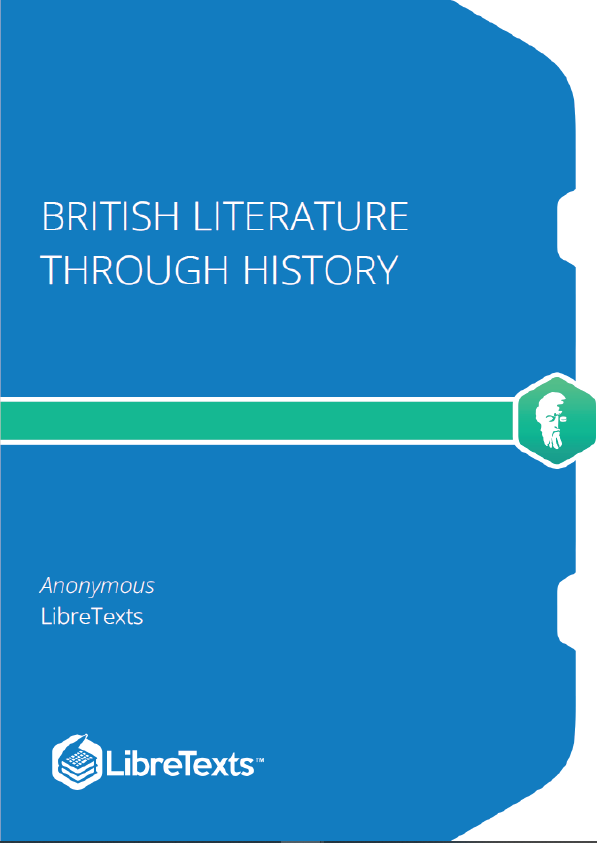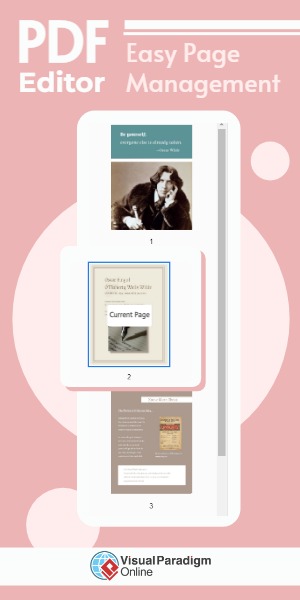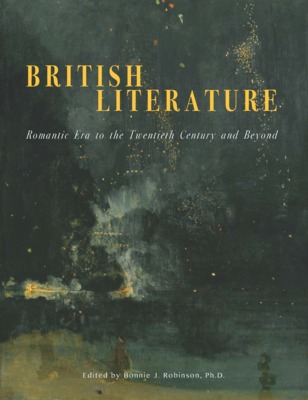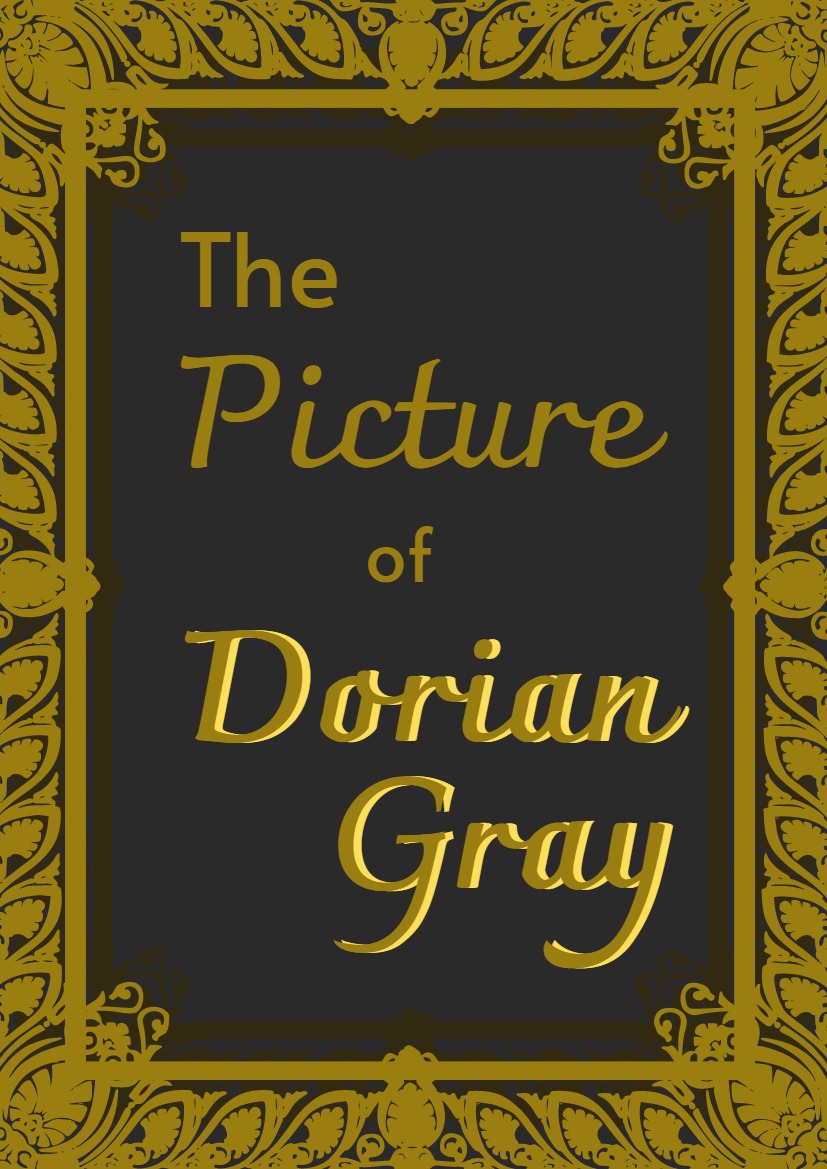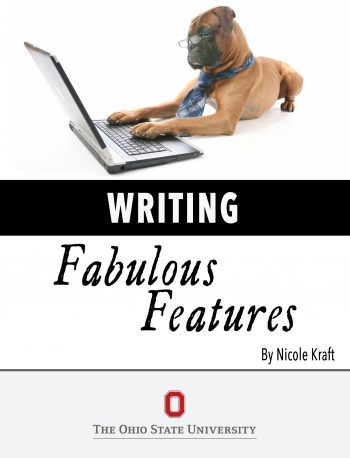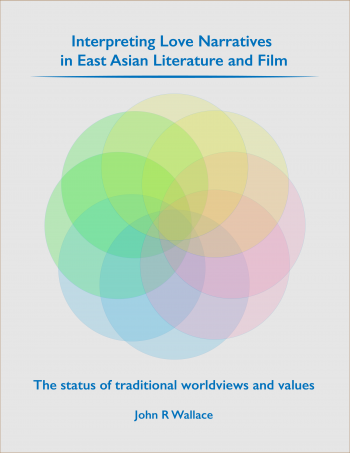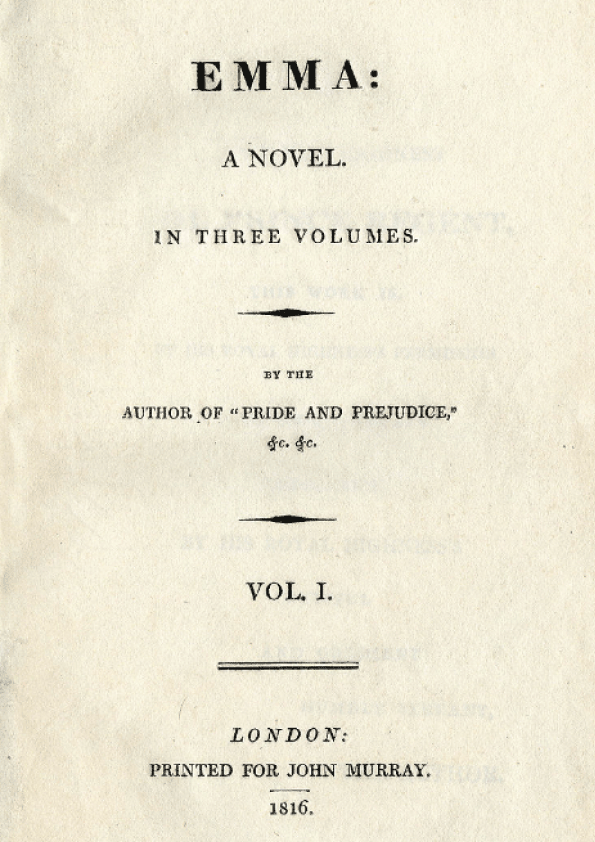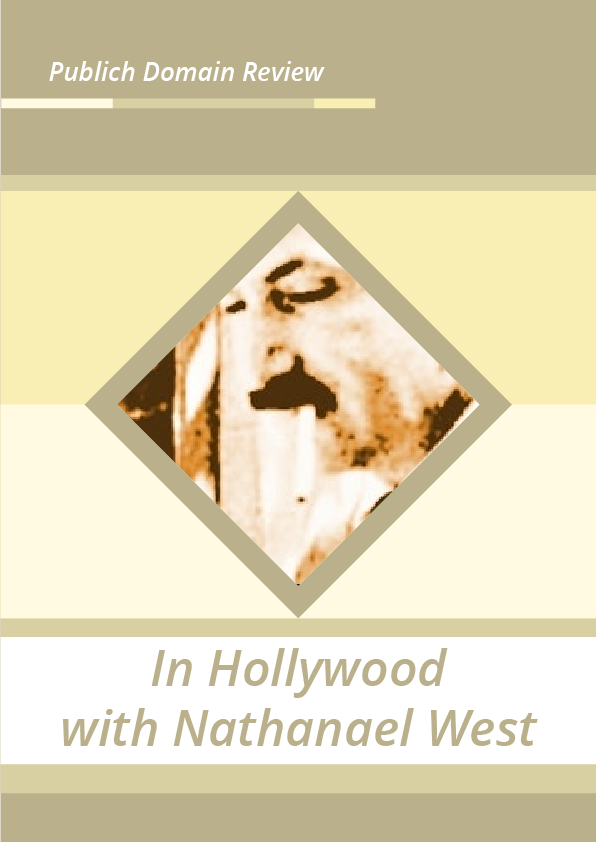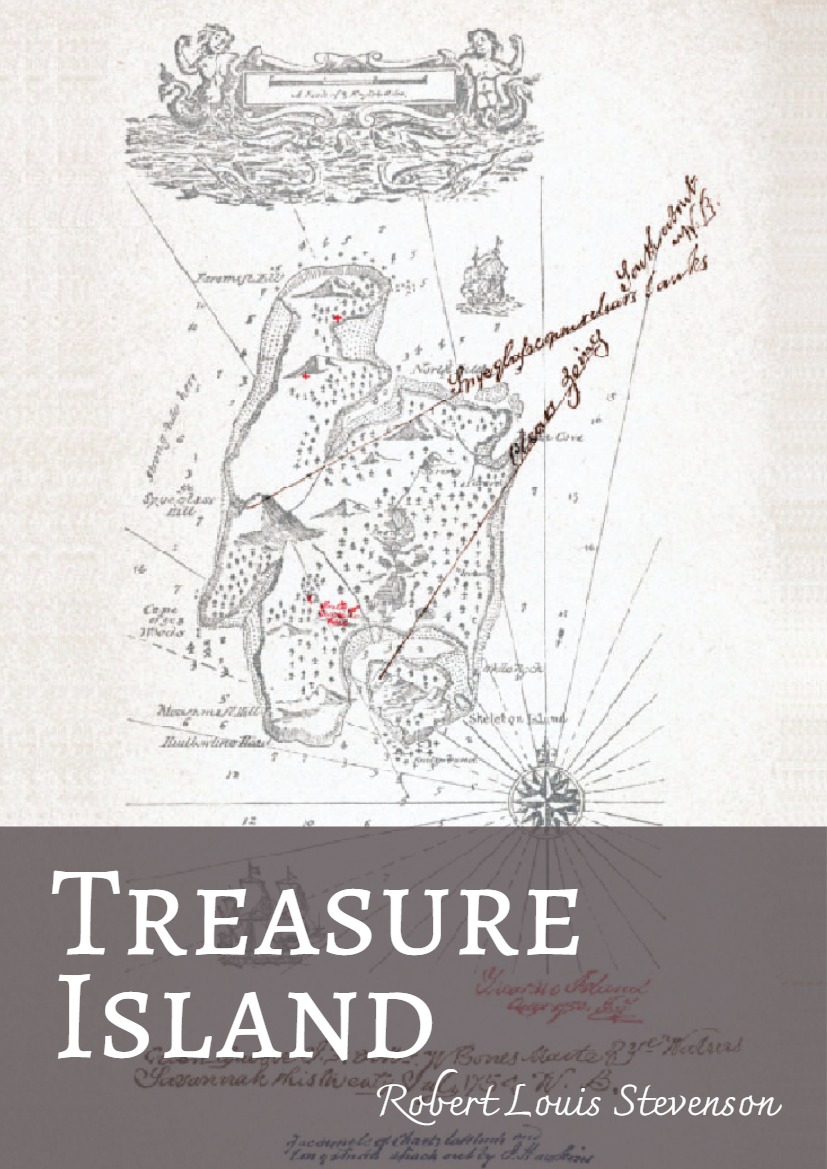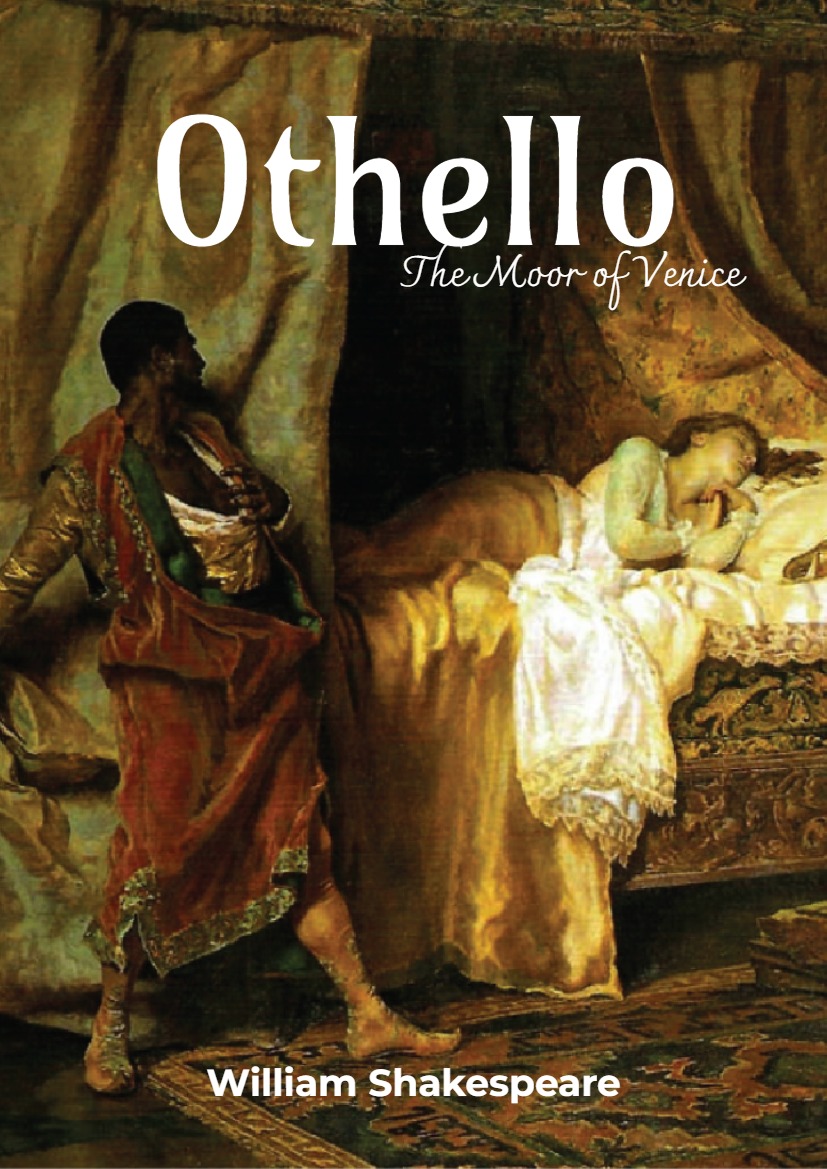How did the Roman invasion affect the development of the English language? While there is no direct linguistic connection, the Roman occupation of Britain and their subsequent abandonment of the country set the stage for the most important invasion, the Anglo-Saxon invasion which provided the foundation of the English language.
The Anglo-Saxon Invasions
At the fall of the Roman Empire (ca. 420), the Roman troops were called back to the continent, and Britain was left undefended. This period of time produced the figure that was transformed in legend into King Arthur. The man who formed the basis of the Arthurian legend was probably a descendent of Celtic and Roman people who led his followers in resisting the Anglo-Saxons. This resistance occurred long before the days of knights in armor mounted on horseback, the picture of King Arthur found in most stories.
The Anglo-Saxons were Germanic tribes who began raiding the coastal areas of Britain around 450. (See Map 2.) For over 100 years, the Anglo-Saxons continued to raid and gradually to settle in Britain, pushing the Celtic people into the remote parts of Britain—into what are today the countries of Wales, Scotland, and Ireland. (See Map 3 and Map 4.) With them, they took their Celtic language which formed the basis of the Gaelic languages of Scotland, Wales, and Ireland. (See Map 5.) Few Celtic words remain in today’s English; those few are primarily place names such as avon for river (as in the English town Stratford-upon-Avon) and words associated with the countries to which the Celts dispersed such as glen (valley), loch (lake), and cairn (pile of stones) from Scotland.
The Anglo-Saxon Germanic Language Is the Foundation of the English Language
The culture of the Anglo-Saxons is much in evidence in Old English literature, especially in the concept of the Germanic heroic ideal. The primary attribute of the heroic ideal was excellence—excellence in all that was important to the tribe: hunting, seafaring, fighting. The leader of each tribal unit, often family units especially in earlier years, gained his position because of his physical strength and capabilities in the activities necessary for survival. Each man of the tribe, called a thane or retainer, an Anglo-Saxon warrior loyal to a specific leader, swore his allegiance, and in return his leader rewarded him with the spoils of their battles and raids. A group of Anglo-Saxon warriors bound by the reciprocal king-retainer relationship was known as a comitatus. An example is the group of Geats led by Beowulf.
Although mostly illiterate, the Anglo-Saxons had a rich tradition of oral literature. Gathered in the mead hall with its long tables around a central hearth, the Anglo-Saxons listened to tales of battle glory sung or chanted to the strums of a harp. The scop, the tribal poet/singer, entertained and commemorated significant events by composing and performing tales such as Beowulf. Although many scholars have varying ideas about how these performances might have sounded, little is known of secular music during this time period, and there is of course no evidence to suggest whether the songs were more like chants with strums of the harp perhaps in the caesura or whether they were lively, rambunctious, melodic performances. We might remember that in Beowulf, it’s the sound of laughter, the music of the harp, and the singing of the scop that drives Grendel to attack Heorot.
